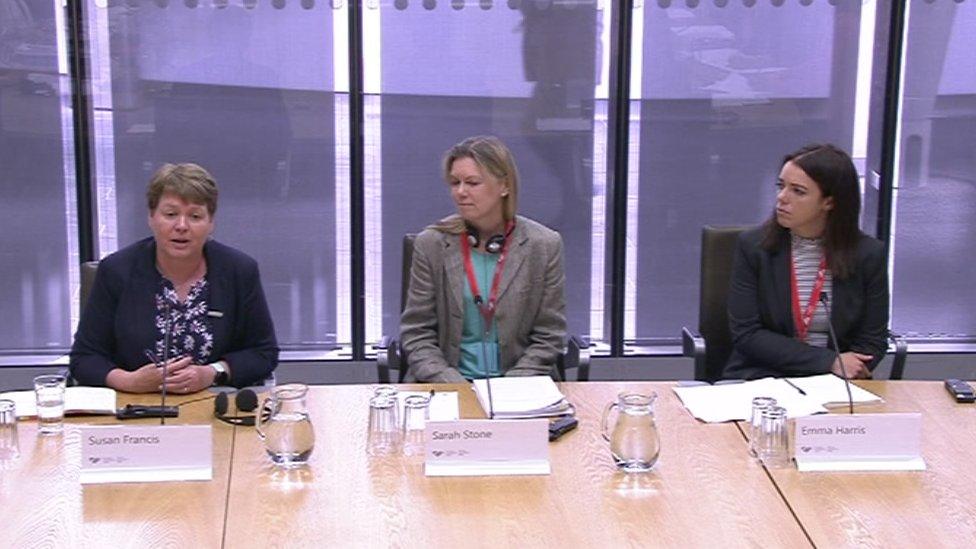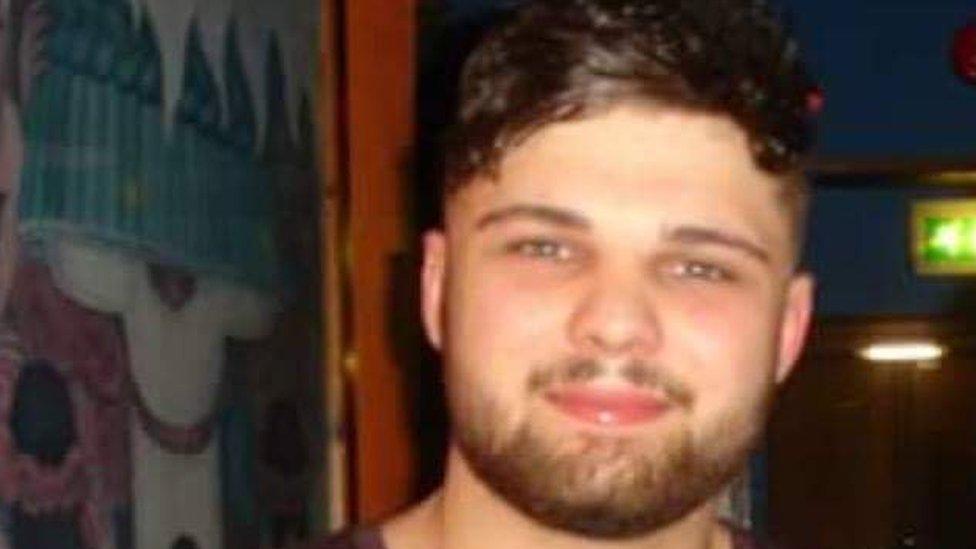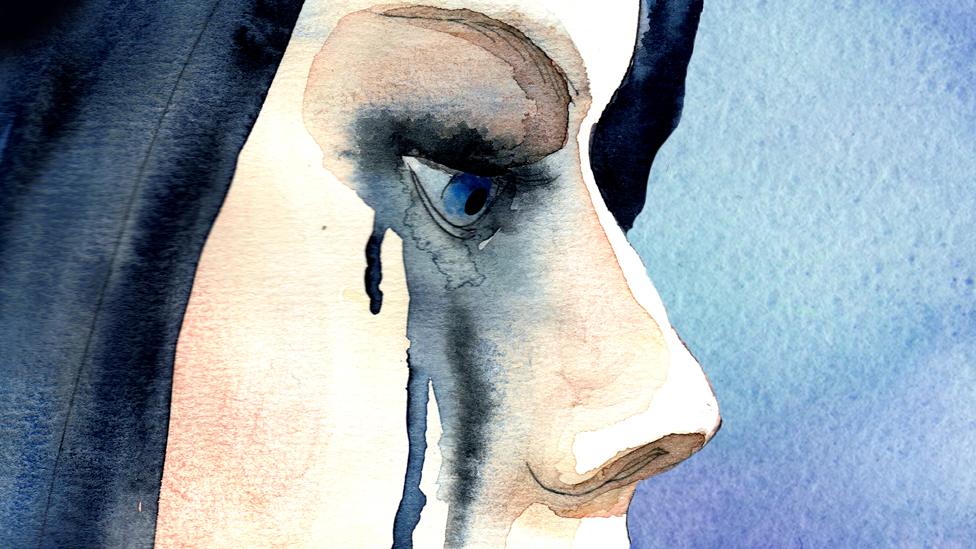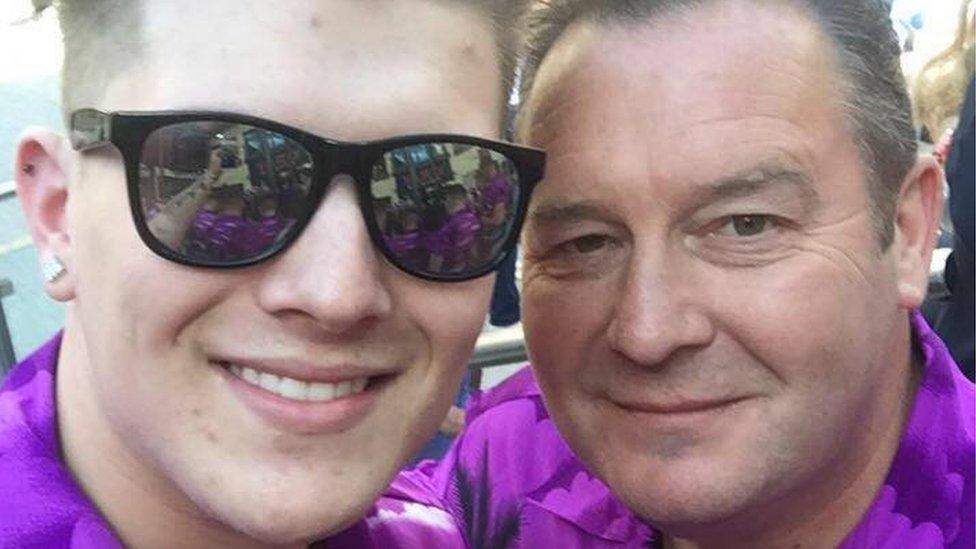Samaritans charity tells suicide prevention inquiry more help is needed
- Published

More help is needed to steer despondent people away from suicide, a charity has told assembly members.
Sarah Stone, executive director for the Samaritans in Wales, said "talking therapies" should be more available.
Susan Francis, who runs a Samaritans project in the south Wales valleys, said those who pluck up the courage to approach their GP should not wait.
The charity also called for more emotional help in school to avoid adding to mental health waiting lists.
The Samaritans, giving evidence to the assembly's health committee on Wednesday, had released a survey which suggests one in five adults in Wales feels lonely or isolated.
The charity said current figures show suicide as a major cause of death among people aged between 15 to 44, with between 300 and 350 people in Wales recorded as dying from suicide each year.
Ms Stone told the committee the true figure may be much higher, saying: "We have this 'beyond reasonable doubt' standard of proof which is very high."
There was also concern that people discharged from hospital A&E after self-harming or attempting suicide were not always being followed up within seven days.

Susan Francis, Sarah Stone and Emma Harris of the Samaritans give evidence to AMs
Ms Francis emphasised the strength it takes for somebody to approach their GP about suicidal thoughts and the stigma involved.
"So when somebody actually makes that approach and then they've got to wait, and wait, and wait - it's cruel," she said.
"It needs to be an instant appointment for them to get that specialist help that they need."
Ms Francis added that the RNLI and coastguard were now rescuing a "staggering" number of people, who they were "thankfully" able to help,
Emma Harris, policy and communications officer for the Samaritans in Wales, said more lessons on emotional health in schools could prevent young people being "pushed" into mental health services and adding to waiting lists.

Men are less likely to seek help with their problems, says Prof Keith Lloyd
Also giving evidence, Prof Keith Lloyd, chair of the Royal College of Psychiatrists in Wales, said there was concern at the rise in suicides of middle-aged men.
"It's linked to depression. It's linked socio-economic factors. It's linked to deprivation and loneliness," he said, adding that men were less inclined than women to talk about their problems and seek help.
Labour AM Julie Morgan said there was concern about how easily GPs were able to access secondary care and support for patients.
Prof Lloyd said the wait for psychological therapies was in the order of 18 months, which he said would be a "national scandal" if that was the case for cancer care.
He said he often referred people to the Samaritans, but if people needed more than that it could be challenging.
"There aren't the services there to offer that kind of care for people," he said.
- Published23 May 2018

- Published27 April 2018

- Published19 April 2018

- Published17 May 2018
